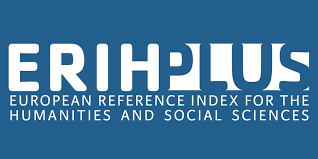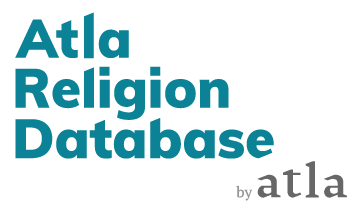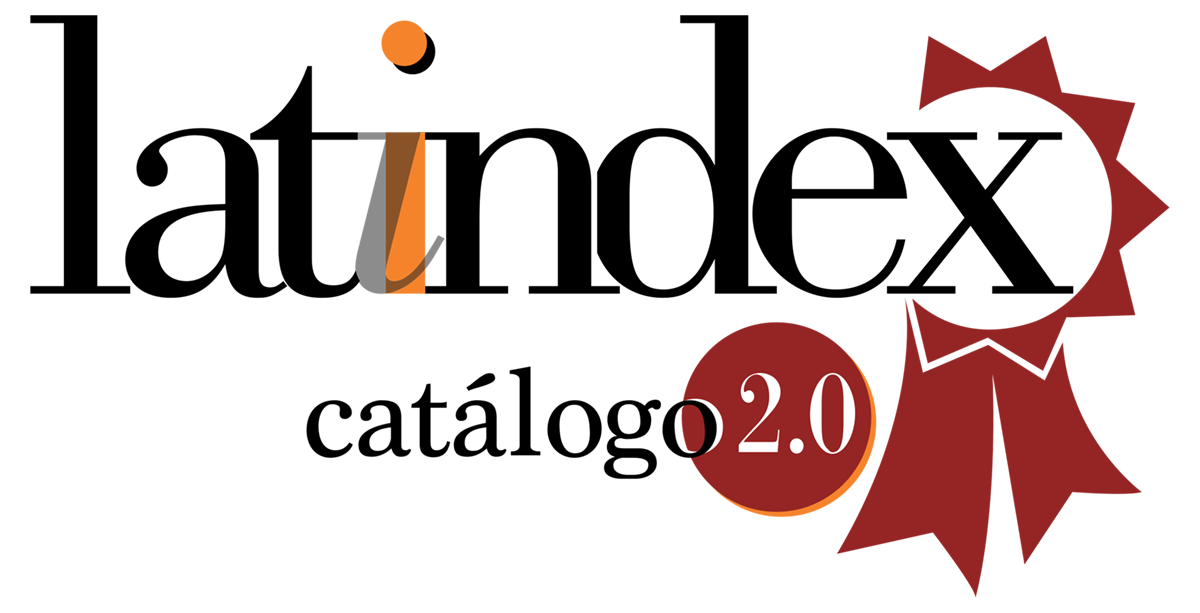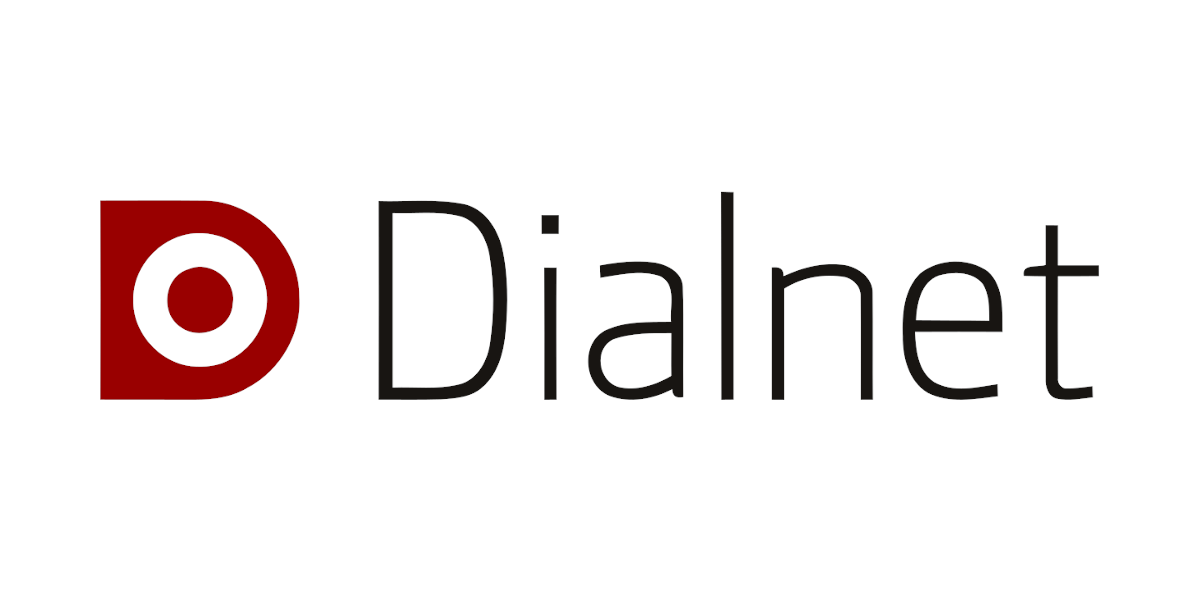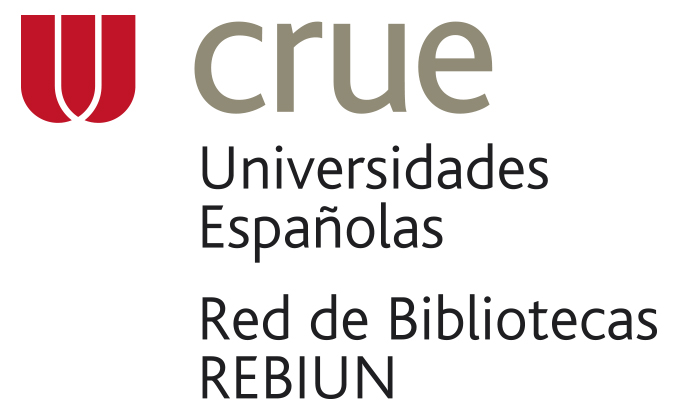About the Journal
Aims
Anales de Teología is a journal aimed at promoting, publishing, and disseminating unpublished and original articles of high academic quality in the field of theology. Our goal is to contribute to the generation of knowledge in this area and foster dialogue between the Christian faith and the contemporary world.
The journal is primarily directed at researchers, professors, and students of theology, as well as those interested in the academic study of theological topics. We accept unpublished articles that result from academic research. Our authors mostly, although not exclusively, come from Chile and Ibero-America. The official language of Anales de Teología is Spanish, although we also accept writings in French, German, Italian, Portuguese, and English.
Scope
Anales de Teología accepts original contributions in various areas of theology in dialogue with contemporary thought, which include, but are not limited to:
- Systematic theology: Analysis and reflections on Christian revelation and the history of dogmas.
- Biblical theology: Exegetical and hermeneutical analysis of Sacred Scripture, as well as the study of the effects of the text.
- Patrology: Analysis of the texts and thoughts of the Church Fathers.
- Church history: Reflections and documentary analysis of the major milestones in universal and local ecclesiastical history.
- Moral theology: Ethical and theological reflections on moral issues and their application in the contemporary world.
- Social doctrine of the Church: Ethical and theological reflections on the social teaching of the Church in the contemporary world.
- Pastoral theology: Theological reflections and approaches for pastoral ministry in the life of the Church.
- Ecumenical and interreligious theology: Dialogue and theological reflection in the context of ecumenism and interreligious dialogue.
- Religious sciences: Analysis and contributions from the phenomenological study of religions.
- Bioethics and Family Sciences: Theological and ethical analysis of issues related to the family and bioethics from an interdisciplinary Christian perspective.
Ownership and Management of Anales de Teología
Anales de Teología is an academic publication under the auspices of the Department of Theology of the Faculty of Theological Studies and Philosophy at the Universidad Católica de la Santísima Concepción. The Faculty of Theological Studies and Philosophy covers all the necessary economic costs for its operation.
Frequency
Anales de Teología follows a semi-annual publication model, where accepted articles are compiled and published in one issue for each corresponding period. The call for contributions is open permanently.
Regarding the timelines of the editorial process, Anales de Teología has a period of 2 weeks to provide the first response from the editor or to conduct the peer review. The estimated time to obtain the final response from external peer review is 8 weeks.
The editorial team combines rigorous peer review with efficient times in the editorial process, which is exclusively carried out through the OJS platform.
Fees
Anales de Teología does not charge any fees for processing, publication, or access to articles.
Additionally, articles can be freely tracked and indexed for dissemination and use in software or other legal purposes. Therefore, the general public can use the documents published in the journal, as long as the corresponding copyright rights are acknowledged and the original source (journal name and edition) is cited.
History
In 1998, two years before the grand jubilee that the Church was preparing to celebrate, the journal Anales de Teología was born at the Universidad Católica de la Santísima Concepción, adding to the scarce list of Chilean scientific theological publications circulating in university and seminary libraries. Its objective was twofold, as expressed in the introduction of its first issue: "to meet the need in our region and throughout southern Chile for a means of disseminating theology and related disciplines to all individuals with profound intellectual interests," and "to serve as a communication instrument for the faith and our theological work, with other universities, study centers, and anyone connected to these circles and interests. With this broader perspective, our publication is also open to collaboration with theologians from other regions and affiliated Catholic institutions." Both objectives were conceived from the standpoint of not being merely a popular publication but rather a scholarly one. As stated in the inaugural issue: "This is a scientific publication, endorsed by specialists in these sciences who want to contribute to their dissemination, thus providing a solid foundation for the intellectual Christian education in our society and initiating a fruitful theological dialogue on the issues of our time" ("Introduction" ... 9).
The history of our journal can be classified into four stages, which have marked its development. These are as follows:
1. The inception (1998-2001): Characterized by its 25 by 18 cm format, with a change in the cover color for each new issue. It published two volumes per year (with the exception of Volume 0 in 1998, which opened with a single issue) totaling approximately 170 pages annually. The main focus was to publish the lectures from various conferences and seminars organized by the then Theological Center of the Universidad Católica de la Santísima Concepción, with its director being the same as that of the Theological Center, Reverend Renato Cárdenas.
2. The maintenance phase (2002-2005): During this period, there was a change in leadership, with Dr. Juan Carlos Inostroza assuming the role of director. This change brought about a modification in the format to 23 by 15 cm. The presentation maintained two colors on the cover (blue and purple) and featured a table of contents on the back cover, a design that has remained substantially unchanged to this day. Although the period faced certain difficulties in maintaining regularity, not due to a lack of articles but rather delays in publishing, its contents remained varied, consistently including biblical, systematic, liturgical, and ecclesiastical history articles. From early 2004 until the first half of 2006, the journal was directed by Dr. Eva Reyes.
3. The international opening (second half of 2006 to 2008): Overcoming the challenges in maintaining regularity, Dr. Arturo Bravo directed the journal during this stage. Under his leadership, international collaboration increased, an editorial committee was formed with professors from the Institute of Theology and international theological faculties, and exchange agreements with other significant theological journals were established. The contents became more diverse, encompassing various theological disciplines, along with an increased focus on publications with bioethical themes. During this period, a special monographic issue, 9.1 (2007), titled "I will proclaim your faithfulness," was dedicated as a tribute to Monsignor Antonio Moreno Casamitjana, Archbishop Emeritus of Concepción and Grand Chancellor of the Universidad Católica de la Santísima Concepción.
4. The stage of scientific consolidation (after 2008): The journal underwent evaluation by various international instances for formal quality and content, resulting in successful inclusion in indexing services such as ATLA (American Theological Library Association, USA), CPLI (Catholic Periodical and Literature Index, USA), Latindex 1.0 (Online Regional System of Scientific Journals from Latin America, the Caribbean, Spain, and Portugal, Mexico), Dialnet (Service for Informative Alerts and Access to Contents of Spanish Scientific Literature, Spain), a360º (Platform for the Dissemination of Historical and Cultural Journals in Ibero-America, Spain), and BIBP (Bibliographic Information Base in Patristics, Canada).
During this current stage, the journal has adapted to the new times, becoming a fully digital publication with a new ISSN (2735-6345) and hosted on the Open Journal System (OJS) platform. This new phase retains all the previous academic tradition while looking towards the future, with expectations of obtaining further international impact indexations. As a result, it has been included in ERIH Plus, Latindex 2.0, DOAJ, Sherpa Romeo, among others.
